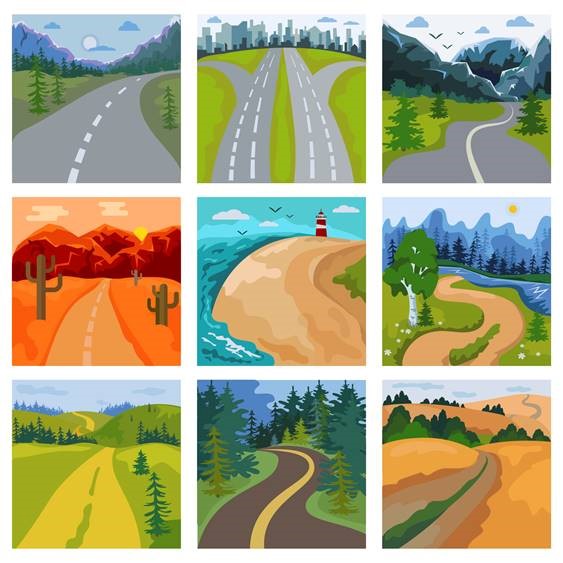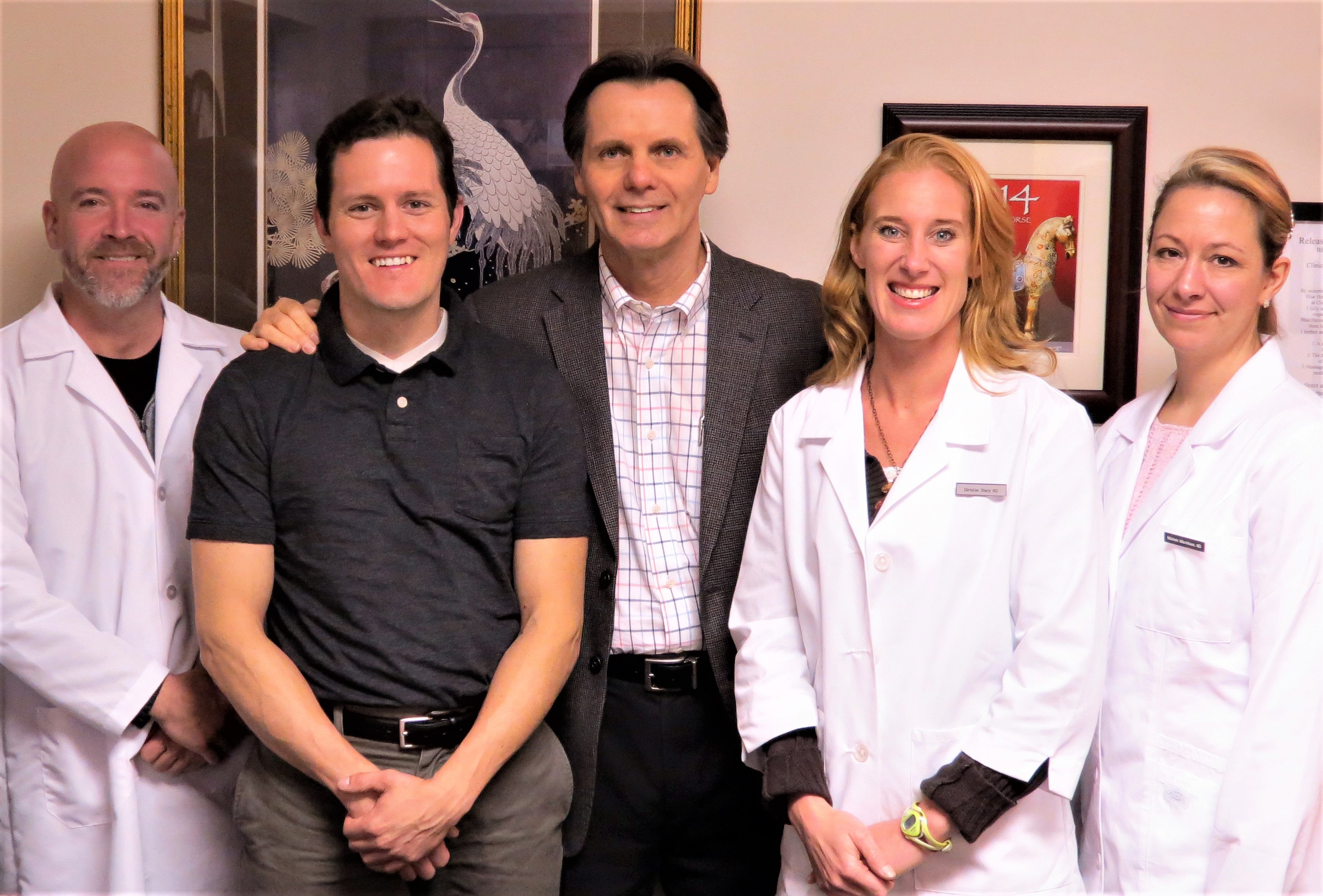




My early experiences with religion were interesting. My uncle, Addison Lawton, was an influential Presbyterian minister. When I was 5, my family visited him, and on Sunday I was brought up to the front of the church. Reverend Lawton lifted me up in front of the congregation to baptize me, but I reached and grabbed him by the wrist. “Watch it, Buster,” I said. “What do you think you’re doing?” Even at 5, I didn’t believe in compulsion in religion.
My father’s job took us to a new city every year. My parents were not religious and did not attend church. Wherever we lived, however, I would be sent to the nearest church on Sunday mornings. From that, I learned the differences between denominations, and that there was something similar about all of them — they each had “the real truth” that the church down the street didn’t.
When I was 11, we lived in Dubuque, Iowa. An Indonesian Muslim exchange student was staying with the minister at the local church. The two of us became good friends. One day I was in the church and the minister grabbed me by the shoulder and pulled me into a corner.
“This person is a heathen,” he said. “We believe in Jesus. He’s going to hell, so you can’t be friends with him.” That was my last day in church.
In the fall of 1965, at the age of 17, I joined the U.S. military because I was unhappy with my situation at home. I expected to go to Vietnam, but at 17 I was too young to serve in a war zone.
So while the rest of my company went to Vietnam, I was given an opportunity to become a test subject in experiments on chemical warfare at a facility called Edgewood Arsenal. Although most people might not want to participate in that kind of experiment, to me it was fortuitous.
Back when I was 8 years old and playing a game of war with some neighborhood kids, a friend “shot me.” While I lay in the grass, pretending to be dead, I said a prayer asking God that I would never have to go to war or take a human life in battle. At Edgewood, I could risk my own life, but I didn’t have to take a life.
During the four months that I was stationed at Edgewood Arsenal, I was subjected to four different chemical warfare experiments. One of the side-effects was difficulty breathing, leading to pulmonary arrest, which resulted in near-death by suffocation. The medical staff worked hard to revive me.
That brush with death was a very profound spiritual moment for me. When I was discharged in 1968 at the age of 20, I was seeking answers about God and religion. I visited my parents in Michigan, and we sat around the kitchen table and talked about faith. It was there my father mentioned the word “Baha’i.”
I had never heard of the Baha’i Faith. He told me he had had a conversation with a Baha’i in the 1950s that made a big impression on him. He said if he were going to become any religion, he would have become a Baha’i. I had to know more about it.
My mother mentioned that the Baha’is in the area ran an ad in the paper every Friday. I called the number in the ad and went to a gathering, or “fireside.”
I had written down what I thought a religion should be — a list of about 12 different things — and put them in my pocket. The Baha’is at the fireside answered everything on my list and I never even took it out of my pocket. I decided then and there to become a member of the Baha’i Faith.
I learned that in the Baha’i Faith, two occupations are held in high esteem: teachers and doctors — those who help to educate children for the future, and those who help people with pain and suffering. I decided to pursue both.
Because the Baha’i writings on health care refer to vegetarianism and holistic and herbal medicine, I decided to pursue alternative medicine. In addition to other trainings, I became a licensed chiropractor.
I have also been a lifelong student of martial arts which complemented my study of traditional Asian healing arts. I was working as the vice president of a large psychology firm when psychologists started referring some of their female patients to me because of my expertise with martial arts.
The first patient was a woman who had been raped at knifepoint in front of her husband and child. She wanted to learn how to defend herself. As I worked with more and more of these kinds of patients, I realized that many of them were divorced, single mothers with kids, who needed jobs and careers. That’s what led me to start the Blue Heron Academy of the Healing Arts — to teach people skills that could lead to careers.
That was almost 40 years ago, and we’ve had close to 12,000 students go through the school since, getting degrees in massage, acupuncture, holistic healing, herbal medicine and nutrition.
My mission has been to take the pseudoscience out of alternative medicine and improve education and training for practitioners based on good research. The Bab, the Forerunner of Baha’u’llah, Founder of the Baha’i Faith, tells us that we should so elevate the science of medicine that we should heal by natural means. How do we do that? Through research and education.


![]()
![]()
Whether you are exploring the Bahá'í Faith or looking to become an active member, there are various ways you can connect with our community.
Please ensure that all the Required Fields* are completed before submitting.